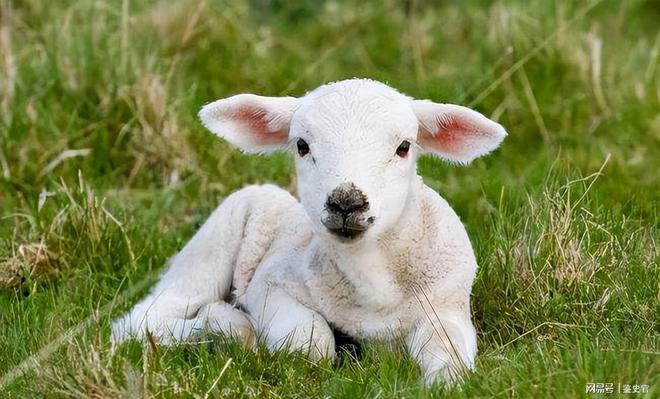DoHerdersGiveNamestoSheepinEnglish?
In English-speaking countries, it is not common for herders to give individual names to each sheep in their flock. This is mainly due to the large number of sheep that are typically part of a herd, making it impractical to come up with unique names for each one. Instead, herders often use other methods to identify and manage their sheep, such as ear tags, branding, or numbering systems.
However, in some cases, particularly with smaller flocks or in more intimate farming settings, herders may choose to give names to certain sheep for various reasons. These names are usually based on physical characteristics, behavior, or simply for the herder's personal connection to the animal.

Benefits of Naming Sheep:
- Personal Connection: Giving names to sheep can help herders develop a closer bond with their animals, which can be beneficial for both the herder and the sheep.
- Identification: In situations where individual sheep need to be singled out for specific reasons, having names can make it easier to refer to them.
- Recognition: Naming sheep with distinctive traits can help herders quickly identify them in the flock.
Considerations for Naming Sheep:
- Practicality: If you have a large flock, it may not be feasible to name every sheep. Consider naming only a select few or using other identification methods.
- Consistency: If you do decide to name your sheep, try to choose names that are easy to remember and distinguish from one another.
- Respect: When naming animals, it's important to choose names that are respectful and appropriate for the relationship you have with your sheep.
In conclusion, while it is not a widespread practice for herders to give names to sheep in English-speaking countries, there are instances where individual sheep may be named for various reasons. Ultimately, the decision to name sheep is a personal one and should be based on the specific circumstances and preferences of the herder.











